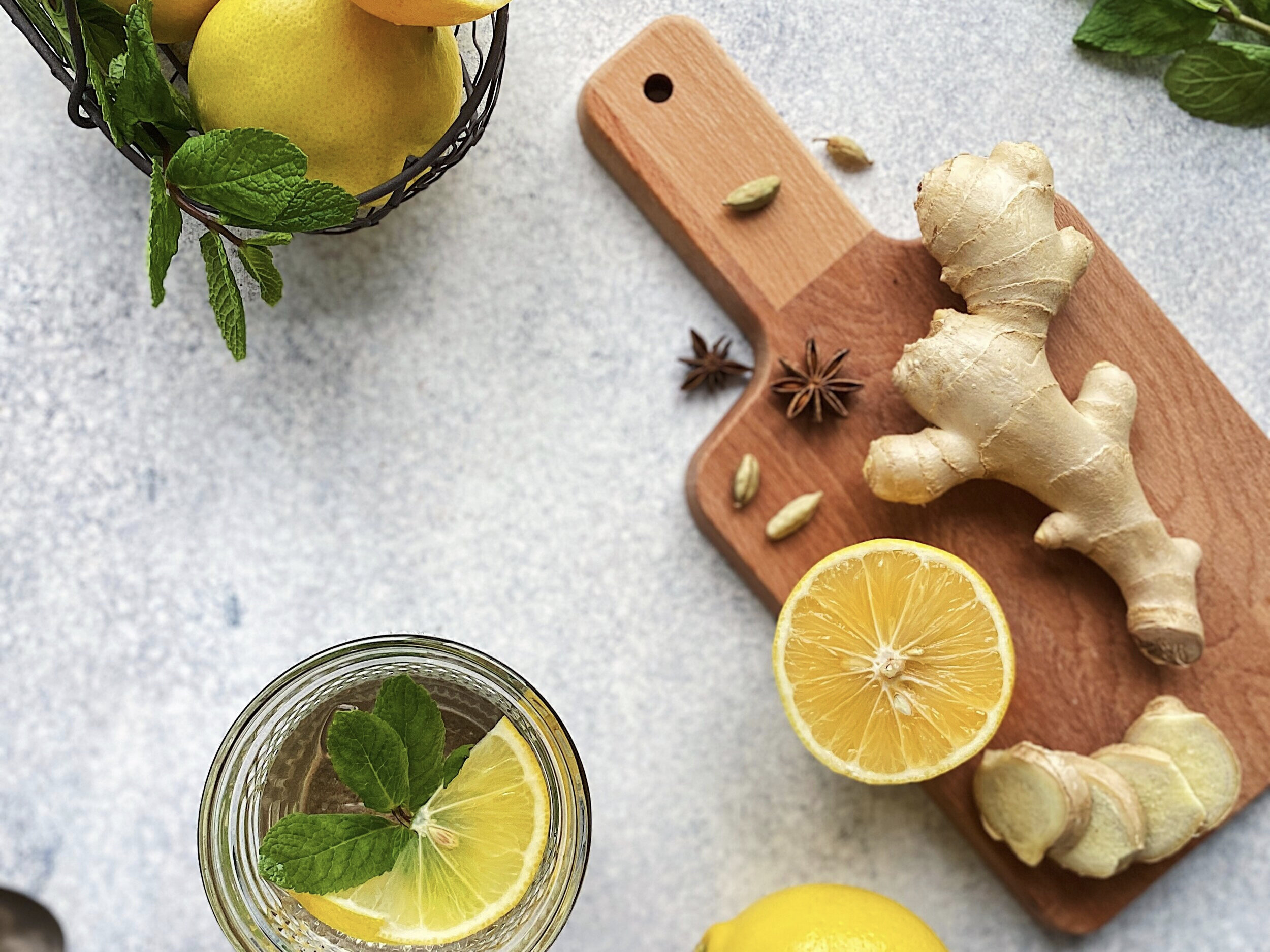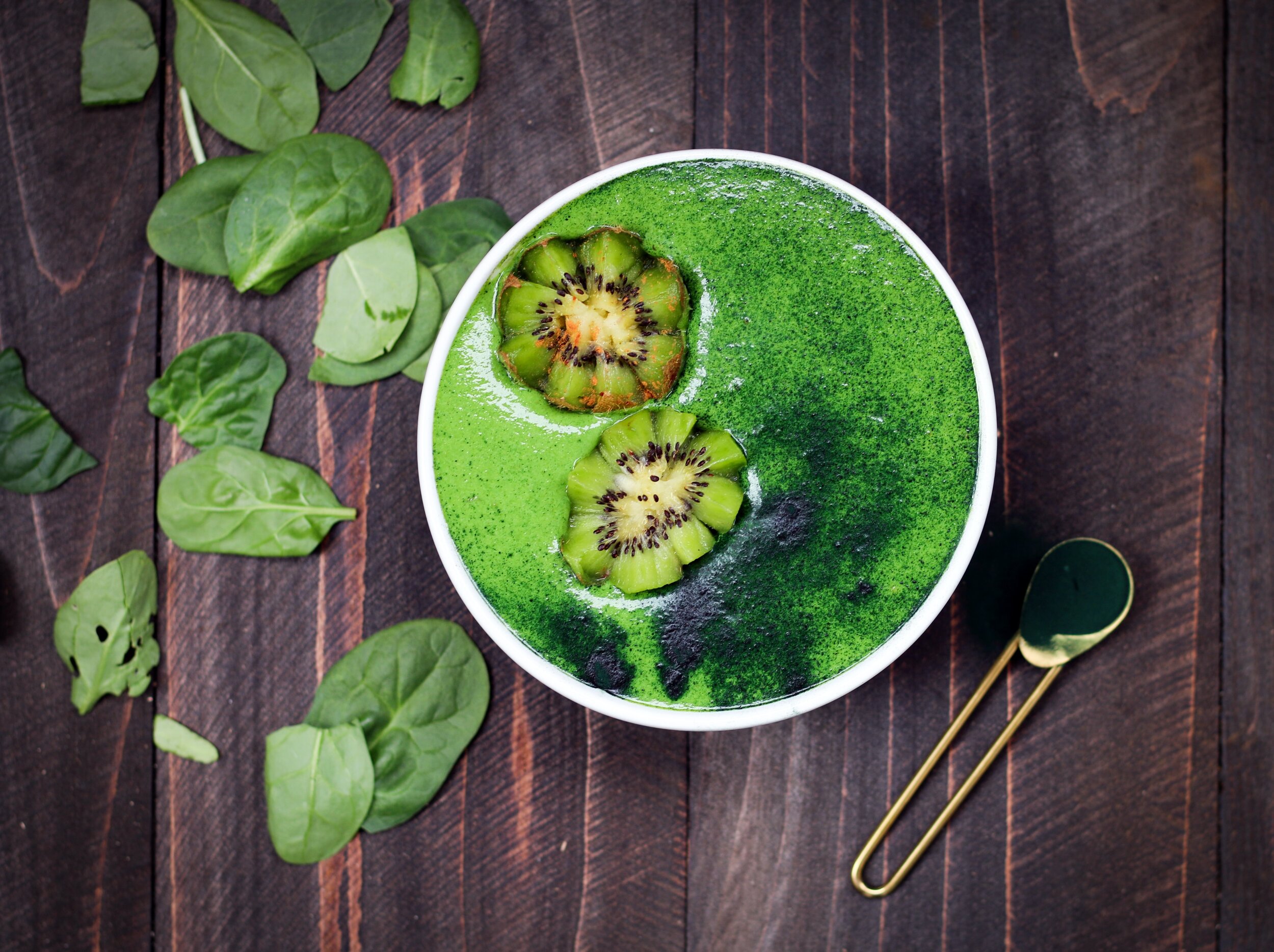5 NATURAL SUPPLEMENTS FOR PAIN RELIEF INSTEAD OF PAINKILLERS.
Pain is something we all try to avoid and run away from it.
We want to solve it as fast as possible, doesn´t matter if it is just an insignificant small injury that will disappear after a few hours or days or if it is something ongoing with an unclear root.
We always have the same urge - get rid of it. This is one of the reasons why pharmaceuticals make fortune on painkillers. But here is the thing. Everyone knows, they are bad for us and yet many people keep justifying their use of them.
Just think of a day when you woke up with a headache and took a painkiller justifying it with a busy day, an important work event or just the need to carry on with your toddler.
You took it and then forgot about it.. until the next time.. and the next time.. until it became a habit.
Many years ago I was in the same situation. I came to the point when I was waking up with strong headaches that wouldn´t go away until I took a strong painkiller. I ended up in a vicious circle that was hard to leave because many painkillers cause addiction. The healing process took time and eventually I´ve cleansed my system and repaired my gut.
Unfortunately there are many people who find themselves in a similar situation no matter where the pain comes from. But even if you might be thinking - I only take painkillers occasionally, there is always some damage done by taking just one pill.
The truth is that it harms your gut lining and your good gut bacteria and it takes up to 2 weeks to repair the damage after just 1 dose. I don´t know about you, but I don´t know anyone who after taking a painkiller would continue with probiotics for 2 weeks..
It´s most likely that by taking just those probiotics, the pain wouldn´t appear in the first place.
But now you might be asking - ok but how can I get rid of pain when it shows up?
All kinds of pain have to do with inflammation which can appear in different systems in the body.
But these systems are tightly connected so we cannot always say that a headache means inflammation of the brain. It can be one of the symptoms of the leaky gut syndrome (inflammation in the gut) or tight and inflamed trapezius creating tension and pressing on the vessels that are supposed to deliver blood and oxygen to the brain.
An overall wellbeing requires a holistic approach and any type of pain needs anti-inflammatory habits and foods. While these take time to implement, there are a few great supplements you can start to introduce to your life today and start to feel benefits very soon.
1️⃣GINGER.
Ginger has anti-inflammatory, antioxidant, and anticancer properties. Because of this, it's thought to boost your overall immunity.
For people with arthritis, its anti-inflammatory properties are of particular benefit.
There are some studies showing ginger to be effective at reducing painful symptoms of osteoarthritis, especially osteoarthritis of the knee. I like to add some nice chunks of ginger to my morning juice or smoothie daily.
And if you need to get a relief from a sore throat, ginger shot delivers the effect very fast - just pass 1lemon, 1/2 apple, 5cm chunk of ginger and handful of parsley through your juicer and drink straight away!🔥
2️⃣ TURMERIC.
Curcumin is the main active ingredient in turmeric. It has powerful anti-inflammatory effects and is a very strong antioxidant and in this case it is more effective to take a good quality supplement, than using the natural root. Here is why..
One of the disadvantages is that the curcumin content of turmeric is not that high. It’s around 3%, by weight. Most of the studies on this herb are using turmeric extracts that contain mostly curcumin itself, with dosages usually exceeding 1 gram per day. It would be very difficult to reach these levels just using the turmeric spice in your foods.
Therefore, if you want to experience the full effects, you need to take a supplement that contains significant amounts of curcumin.
Another disadvantage is that curcumin is poorly absorbed into the bloodstream. It helps to consume black pepper with it, which contains piperine, a natural substance that enhances the absorption of curcumin by 2,000% . Actually the best curcumin supplements contain piperine, substantially increasing their effectiveness.
Curcumin is strongly anti-inflammatory. In fact, it’s so powerful that it matches the effectiveness of some anti-inflammatory drugs, without the side effe
3️⃣ OMEGA 3s.
Omega-3s have been found to interfere with immune cells called leukocytes and enzymes known as cytokines, which are both key players in the body’s inflammatory response.
The anti-inflammatory effects from omega-3s are helpful not just for relieving arthritis, but also for preventing other diseases linked to inflammation, such as heart disease.
But here´s the thing.. Omega 3s can be found mainly in fish like salmon, tuna and sardines. While sardines are small fish, the amount of mercury is low and they are not grown in fish farms. But when it comes to salmon, if you don´t have the opportunity to get it wild, the conventional farmed salmon is full of hormones and antibiotics that damage gut bacteria, which in turn leads to gut issues and inflammation.
4️⃣ SPIRULINA
Spirulina also has anti-inflammatory properties.
Phycocyanin — the component that gives spirulina its unique blue color — is the main anti-inflammatory component in the powder.
A small 2008 study conducted in Korean people aged 60 to 87 years old found that those who consumed 8g of spirulina a day for 16 weeks saw a significant reduction in IL-6 concentration — a pro-inflammatory blood marker — compared to the placebo group.
If you´ve ever tried spirulina powder, it probably didn´t become your favorite superfood because of its strong taste. But you can also get it in form of capsules and it´s highly recommended especially for vegans as it has a very high content of protein. I was experimenting with adding spirulina in my smoothies and I came up with this one with mango that masks the taste really good!⬇️
SPIRULINA MANGO SMOOTHIE
1 mango
1 frozen banana
juice of 1 lime
handful of spinach
1 tsp spirulina powder
coconut milk
BLEND TILL CREAMY & ENJOY! 💚
5️⃣ ZINC
Some research suggests that zinc is a potent anti-inflammatory that may support the immune system and reduce several markers of inflammation.
According to a research, zinc decreases inflammation and oxidative stress among older adults. Oxidative stress triggers inflammation and may increase the risk of a host of conditions, including cancer.
Zinc also reduced the rate of infections by 66%.
People with zinc deficiency are more likely to have arthritis, suggesting a link between zinc deficiency, inflammation, and pain. If you want to go the natural way, foods high in zinc are meat, shellfish, legumes, seeds, nuts and potatoes.
These are just a few anti-inflammatory superfoods and supplements, but there are many more in the world of fresh veggies and fruit. But what you need to understand is that supplements need more time to kick in and consistency is important.
The best practice is to introduce these superfoods as a prevention and not only when you are in pain.
So if you suffer from unbearable pain, painkillers might serve you as a bridge, while taking a good care of your gut and introducing superfoods that reduce inflammation and therefore pain.



